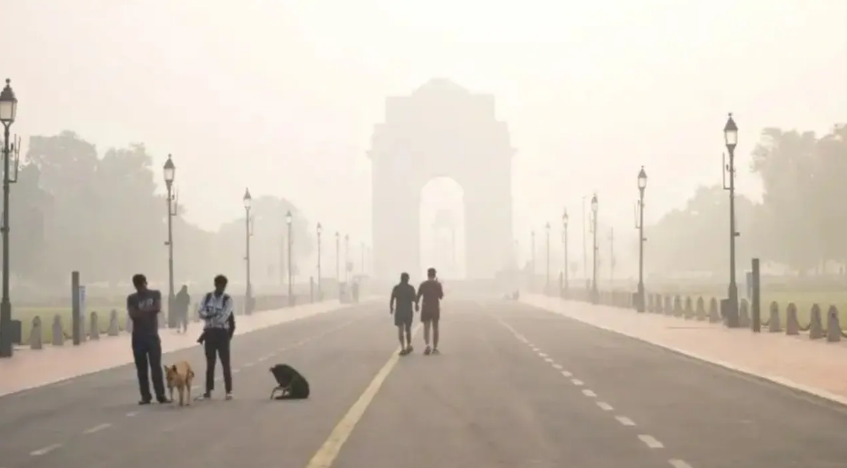Delhi is witnessing the early onset of its seasonal air pollution, with residents bracing for the usual deterioration in air quality that accompanies the winter months. On Tuesday, the city’s air quality index (AQI) dropped to 211, placing it in the “poor” category. In response, the Delhi Pollution Control Committee has enforced immediate measures under GRAP Stage-1 to mitigate the impact.
The restrictions include strict monitoring of construction activities, vehicular emissions, and waste burning. Public use of anti-smog guns is regulated, while open burning of trash and other combustible materials has been prohibited. Commercial kitchens and roadside food stalls are required to use clean fuels such as electricity or gas, and diesel generators are permitted only for emergencies.
The Commission for Air Quality Management (CAQM) in Delhi-NCR has enforced Stage I of the Graded Response Action Plan (GRAP) after the region’s Air Quality Index (AQI) dropped to 211, placing it in the ‘poor’ category, according to an official statement by the Commission.… pic.twitter.com/PxRmtoMT0E
— The Statesman (@TheStatesmanLtd) October 14, 2025
Authorities have also introduced tighter vehicular regulations to curb emissions. Diesel vehicles older than ten years and petrol vehicles over fifteen years old face restrictions, and fines will be imposed on those violating pollution norms. These measures aim to prevent further deterioration of air quality as winter approaches.
Despite these interventions, experts caution that air pollution is likely to intensify with the onset of colder temperatures, potentially reaching hazardous levels during peak winter. With Diwali just weeks away, city officials are taking proactive steps to control pollution, while residents, particularly those with respiratory conditions, are advised to exercise caution.






